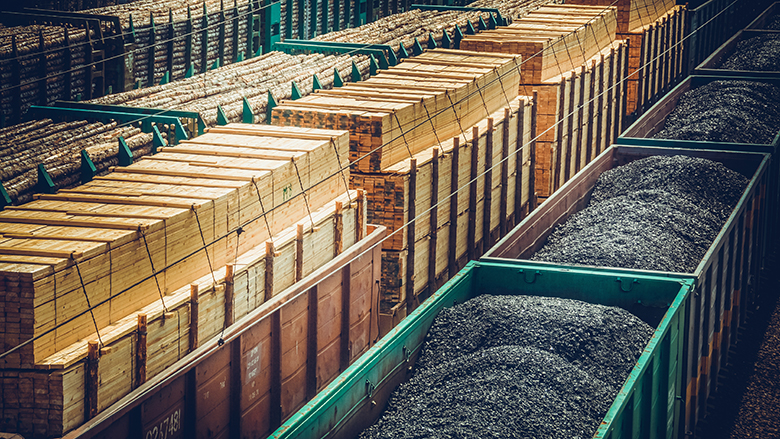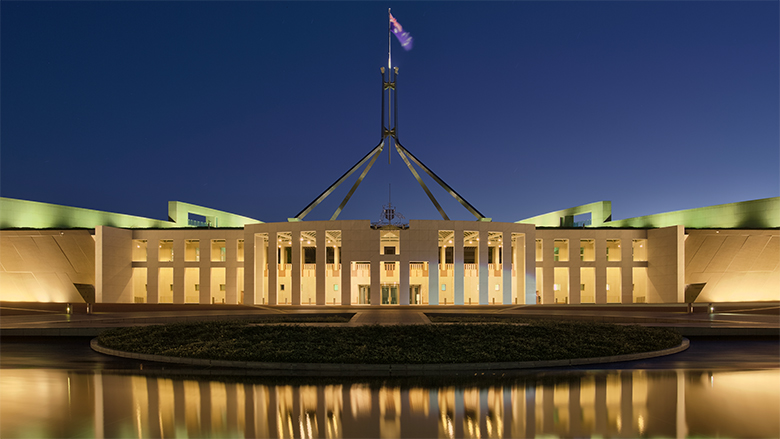The Federal Government’s Budget forecasts for Australia’s key mining and energy commodities in the current and following financial years are too conservative, say CBA’s economists, with prices likely to remain higher than official estimates due to ongoing global factors.
The disruption to Russia’s commodity supplies resulting from the war in Ukraine and the weakening growth outlook for China because of its tough COVID-zero policy will mean it will take longer for long-term prices to “normalise” than what Treasury is estimating, the CBA team has concluded in their Federal Budget 2022/23 update.
With Russia a key provider of coking coal (primarily used for steel-making), thermal coal (for the production of electricity) and oil, these commodities have been the subject of restrictions and sanctions arising out of the Ukraine conflict, which has seen prices jump as countries have sourced supplies from elsewhere.
Australian mining and energy companies have benefited from these higher prices which has subsequently driven the Government’s increased tax revenues, so helping to reduce the current financial year budget deficit estimate.
As for prices of iron ore (another major raw material used to make steel), Treasury is forecasting that these will fall to a lower level than CBA’s estimates as demand continues to lag due to China’s property downturn caused by the country’s attempts to eradicate COVID.
Commodity prices are a key input into Treasury’s nominal GDP forecasts and the Budget, released last night (25 October 2022) is assuming that long-term coal and oil prices will start to normalise by the first quarter of 2023. This suggests:
- Coking coal will fall to US$130 per tonne;
- Thermal coal will drop to US60 per tonne;
- Oil will fall to US$100 per barrel;
In CBA’s view, the prospects for prices of coking and thermal coal at those levels is less likely given the Russia’s sizeable share of those exports (10 per cent and 15 per cent respectively of the world’s seaborne trade).
“We think the disruption to Russian coking coal exports will take years to replace fully, helping keep a premium entrenched in prices over the Budget’s outlook period,” says the CBA economics team. “Replacing Russian thermal coal exports in the seaborne market will be challenging given the underinvestment in the sector over the last few years.”
As for oil, CBA’s outlook view is similar to that of the Budget with the assumption that the price will retain a premium due to the effects of the war in Ukraine. This premium is likely to remain until 2025/26 and could go even higher in the short-term if Russia cuts off further supplies under new European Union sanctions due at the end of this calendar year. Longer-term prices are likely to fall as additional supplies come onto the market and more electric vehicles are introduced.
The Budget’s iron ore price forecast is lower than CBA’s outlook, although the differences lessen in later years through to 2026/27. The CBA team is forecasting that prices will only gradually fall to US$60-$65 a tonne by that period following a volatile year ahead from here.
“We broadly expect iron ore prices to bottom in Q1 2023 as China’s COVID-zero policy continues to weigh on demand,” the team says in its Budget update. “A shift away from [this policy] by the end of March 2023 should see iron ore prices lift in the following quarters.”
Read the full Federal Budget 2022/23 update.
For more information, visit: commbank.com.au/federal-budget




